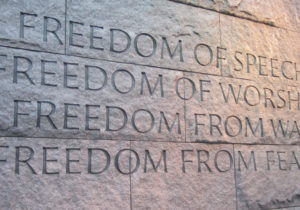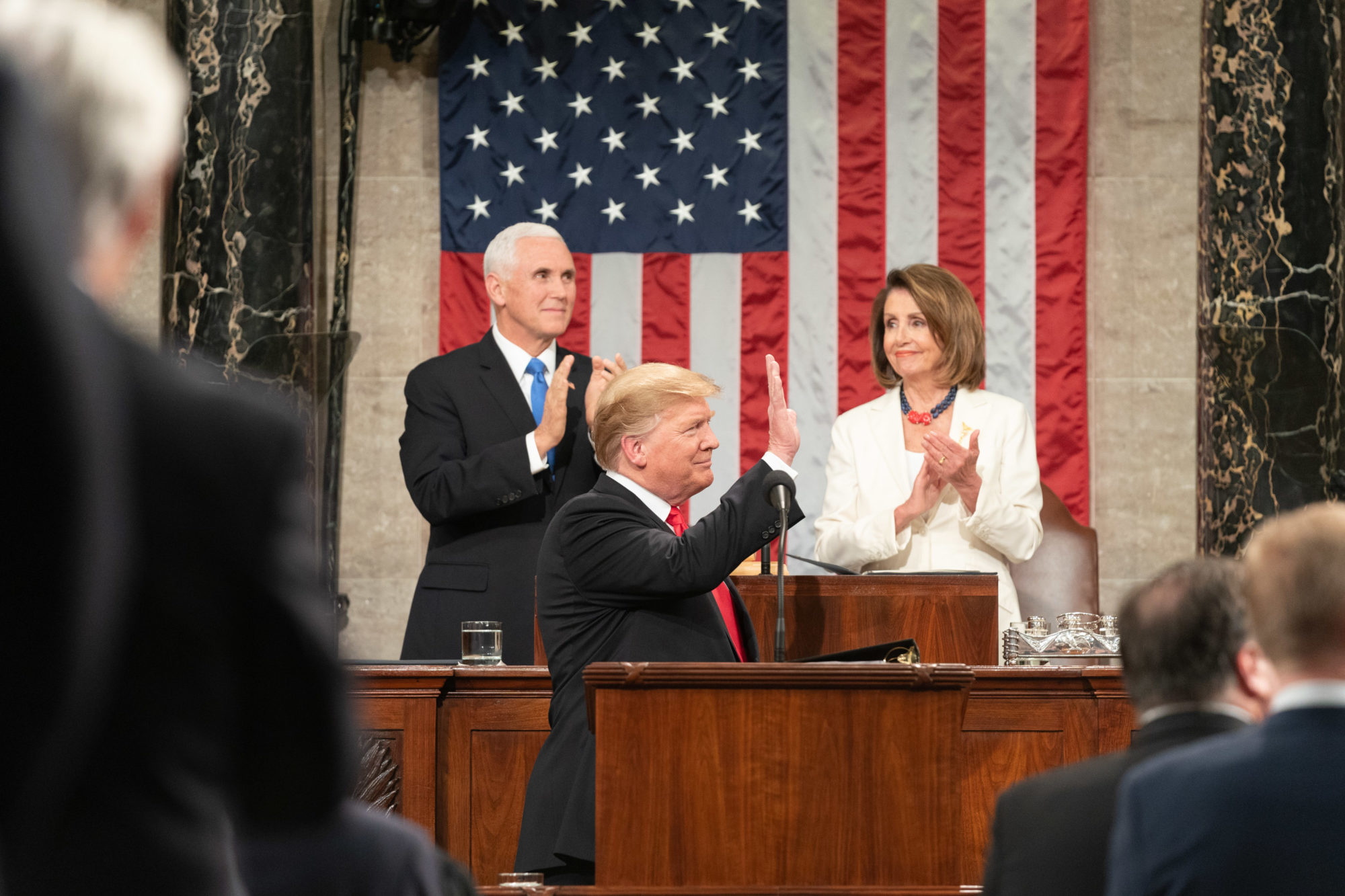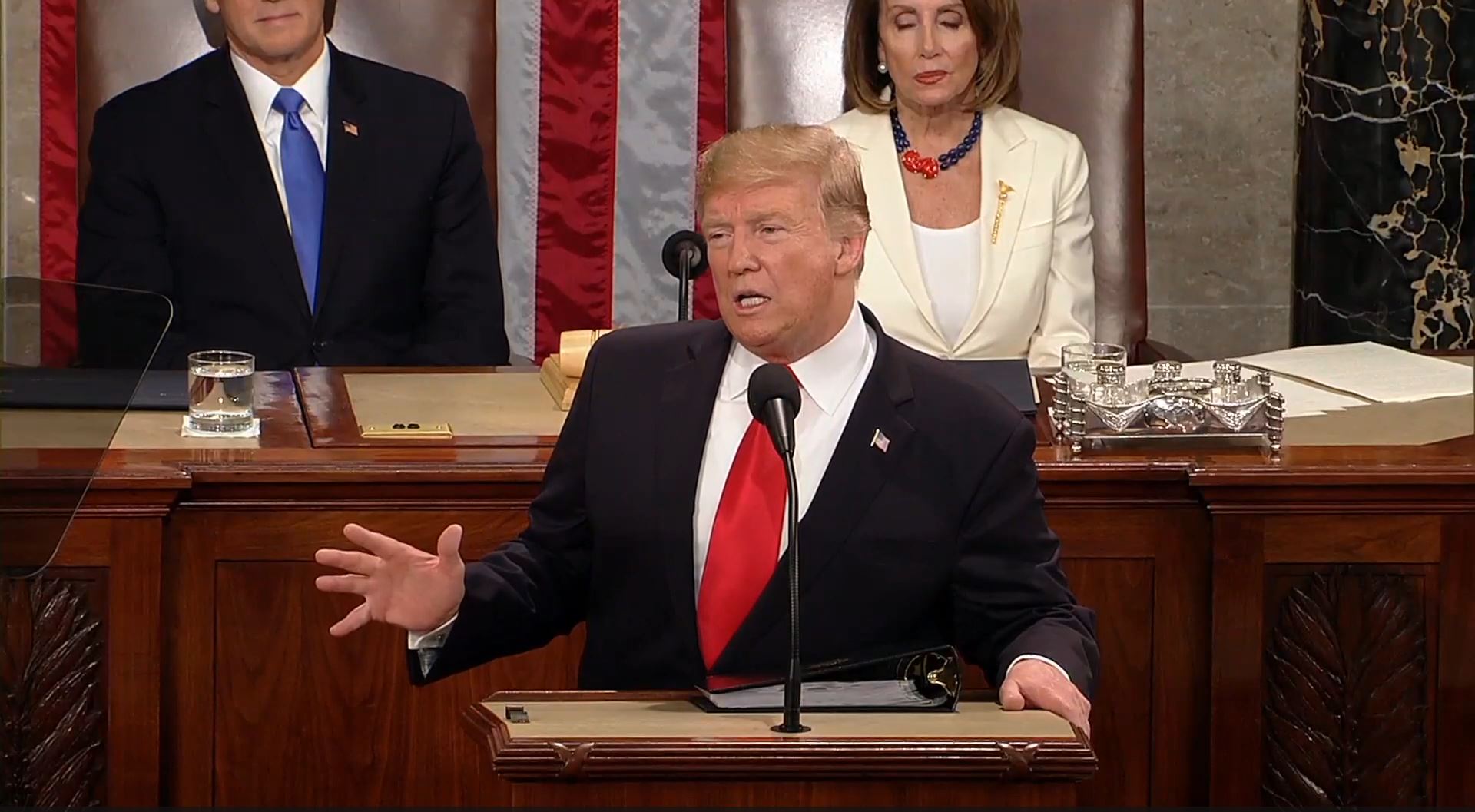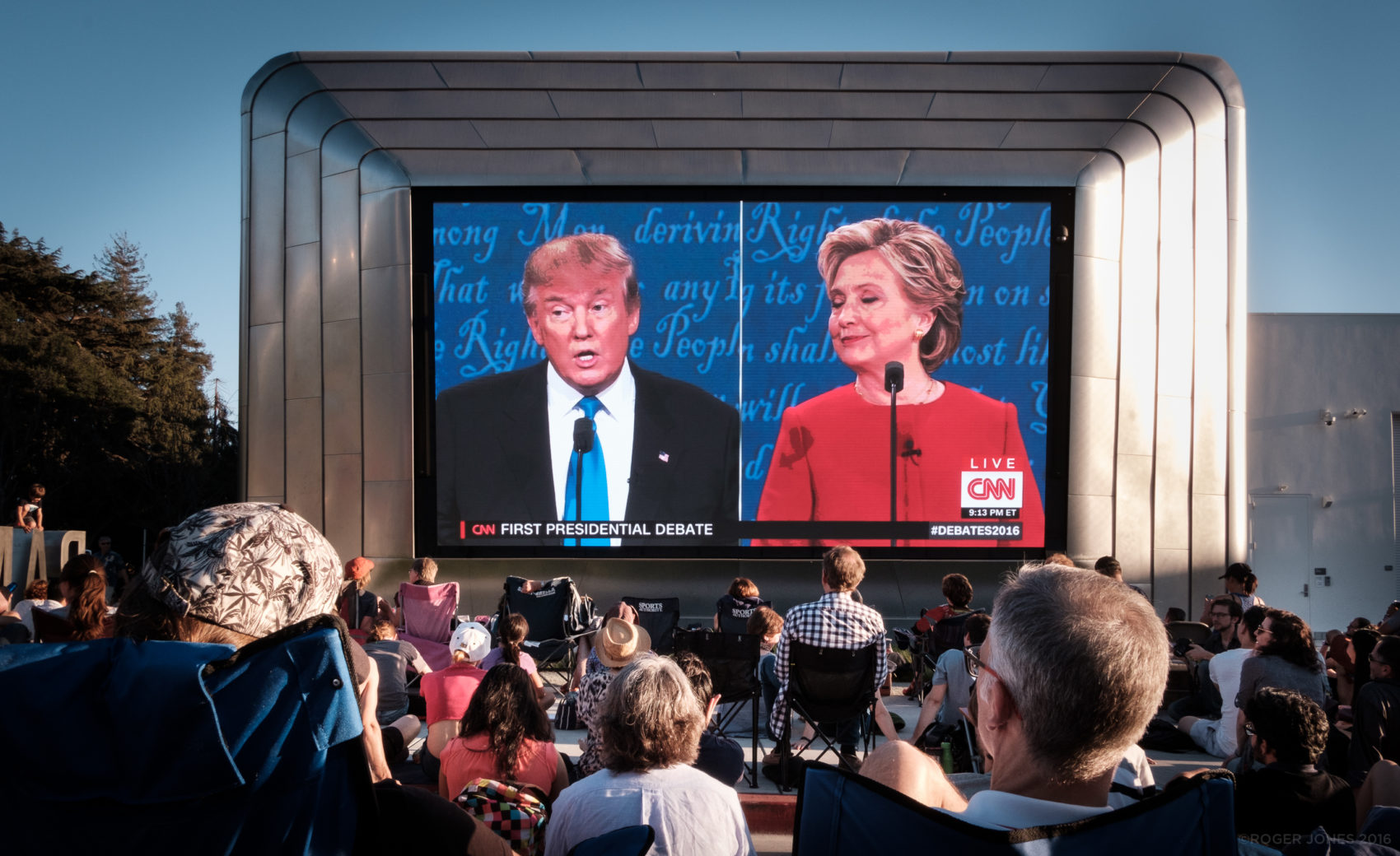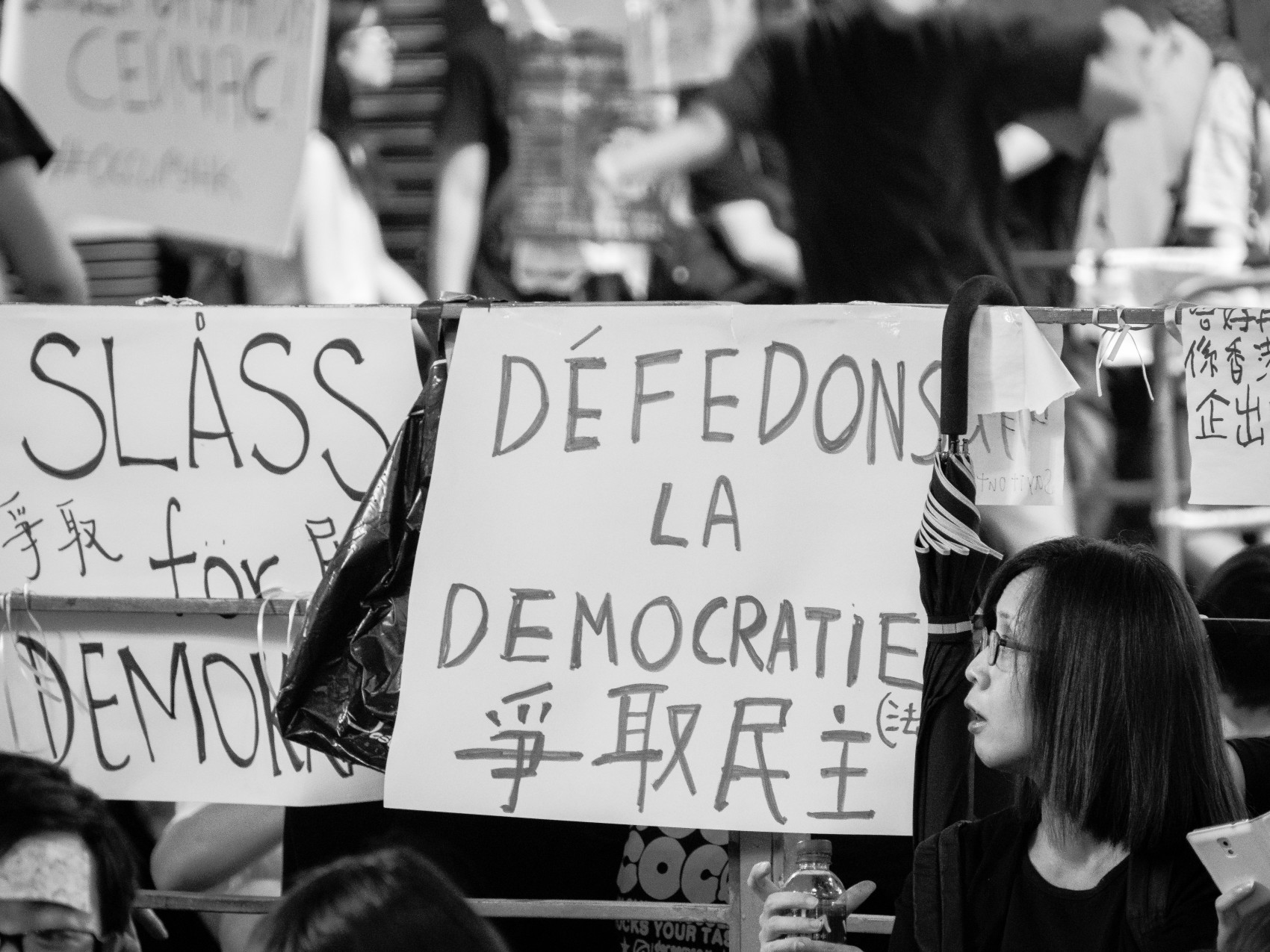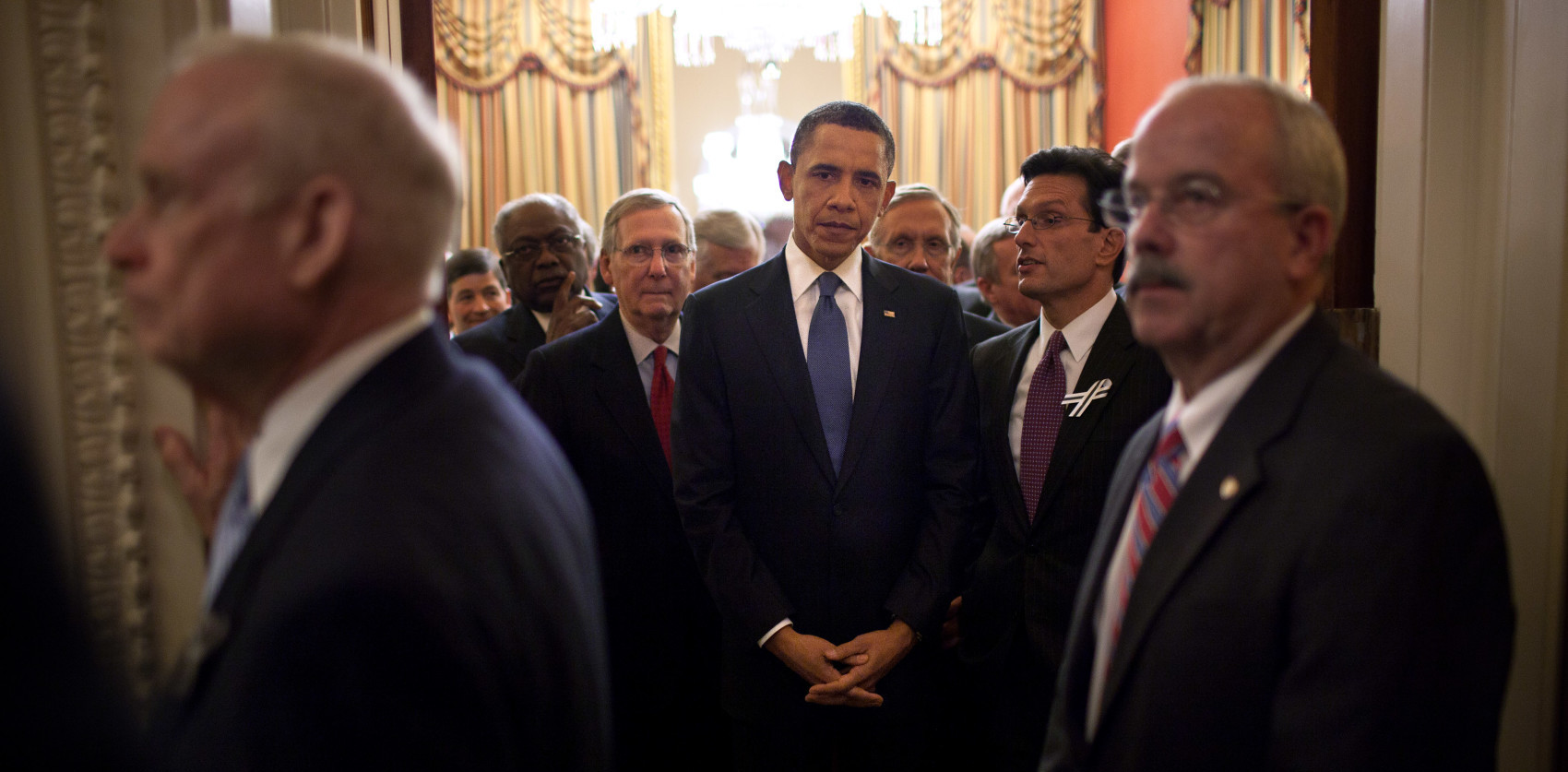Reaffirming the Four Freedoms
President Roosevelt first enunciated the Four Freedoms in an evening session with his speechwriters. He made them the peroration of his message to Congress and wove them into the Atlantic Charter and the United Nations Charter. They have constituted the basis of American foreign policy ever since. Now is the time to reaffirm them.
Richard Allen HydeMarch 11, 2022
What Does Trump’s State of the Union Mean for Foreign Policy?
Promising that America will never apologize for advancing its national interest, Trump used national security arguments more for his domestic goals than international agenda.
Joshua W. WalkerFebruary 9, 2019
Trump’s State of the Union Address Inspired
In his State of the Union Address, Donald Trump promoted a vision of American leadership for the twenty-first century.
Eric PattersonFebruary 6, 2019
First Casualty of the Second Korean War?
Perhaps the most intriguing—and certainly the most disquieting—section of President Donald Trump’s State of the Union address was his 475-word overview of the monstrous North Korean regime.
Alan DowdFebruary 7, 2018
Word Choice: “Freedom” Absent from First Presidential Debate, Part of Troubling Trend
Amidst the post-debate spinning, little has been discussed about what Trump and Clinton didn’t say. “Freedom” was nowhere to be found in the debate transcript.
Alan DowdSeptember 30, 2016
Wearied by Democracy
There are consequences to a foreign policy that is less committed to promoting democracy and less interested in buttressing an international system built on democratic ideals. It stands to reason that when the world’s strongest exponent of democracy and freedom pulls back, the democratic tide will lose momentum.
Alan DowdJanuary 19, 2016
State of the Incoherent Foreign Policy
Ian Bremmer’s Superpower provides a different perspective to Obama’s description of his incoherent foreign policy in his final State of the Union Address.
Mark MeltonJanuary 15, 2016
